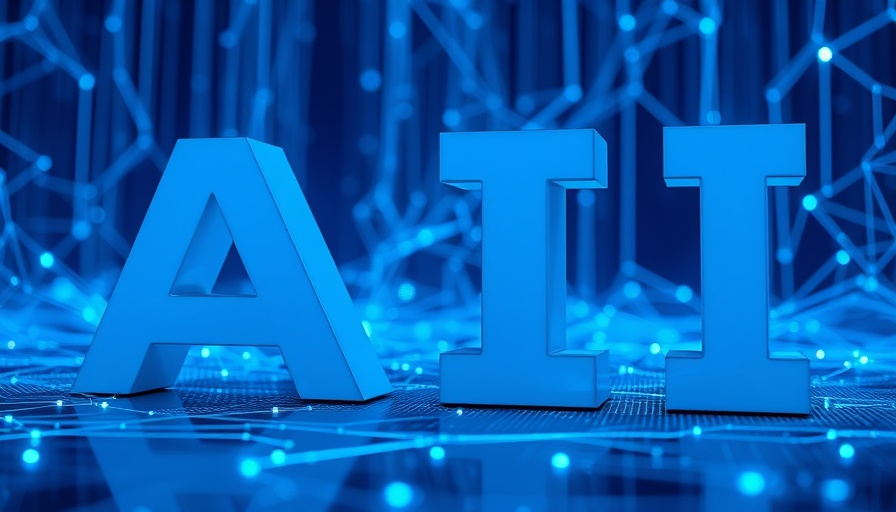
The EU Takes a Stand: Regulating AI for a Safer Future
The European Union is stepping into the forefront of artificial intelligence regulation with a new framework aimed at preventing the misuse of technology that could jeopardize privacy and civil liberties. By laying out clear guidelines for banning certain AI applications, the EU seeks to balance the drive for innovation with the protection of its citizens.
Understanding the Risks: Why Regulation is Essential
As AI technology advances rapidly, the potential for misuse grows. High-profile incidents of mass surveillance, emotion detection, and social scoring based on unreliable data raise alarms about ethical concerns. The EU's AI Act identifies these technologies as harmful and prescribes strict regulations to mitigate risks. This proactive approach aims to create a safe environment for citizens while allowing beneficial technologies to develop.
Highlighted Bans: What the New Guidelines Prohibit
The EU's guidance specifies eight key provisions where AI applications may be outright banned. For instance, deploying AI to conduct real-time identification of individuals in public spaces could lead to rampant invasions of privacy. Similarly, using social scoring methods to evaluate individuals based on personal data irrelevant to risk assessment presents ethical dilemmas. Banning these practices signals to companies that there are clear boundaries when it comes to technology application.
The Larger Picture: EU vs. Global AI Landscape
While the EU is working on concrete regulations, other global powers like the US and China are advancing their AI capabilities swiftly. This discrepancy raises questions about how the EU can maintain its competitive edge in tech innovation. By setting strict standards, the EU hopes to develop trust with its citizens, ensuring that technology is used for good rather than harm while still attracting developers and businesses looking to innovate responsibly.
Future Implications: The Role of Companies and Regulators
Companies that utilize AI technologies in the EU will need to adapt swiftly to comply with the new regulations. Failure to do so could result in hefty penalties—up to 7% of their global annual revenue. This creates a significant incentive for AI firms to invent ethically responsible technologies. As the Court of Justice of the European Union interprets and applies these regulations, both businesses and regulators will need to be engaged in an ongoing dialogue about what constitutes acceptable and unacceptable uses of AI.
Why Citizens Should Care
Understanding these regulations isn't just for tech companies—it's essential for all citizens. The implications of AI on daily life are far-reaching, impacting privacy, security, and social structures. By being aware of how AI is regulated, citizens can advocate for their rights and ensure that technology serves the greater good, rather than facilitating control or discrimination.
As the EU moves forward with these guidelines, it will be critical to watch how they unfold and influence the global AI conversation. The balance between innovation and ethical application will shape the future landscape of technology, and understanding this dynamic is vital for everyone.
 Add Row
Add Row  Add
Add 




Write A Comment